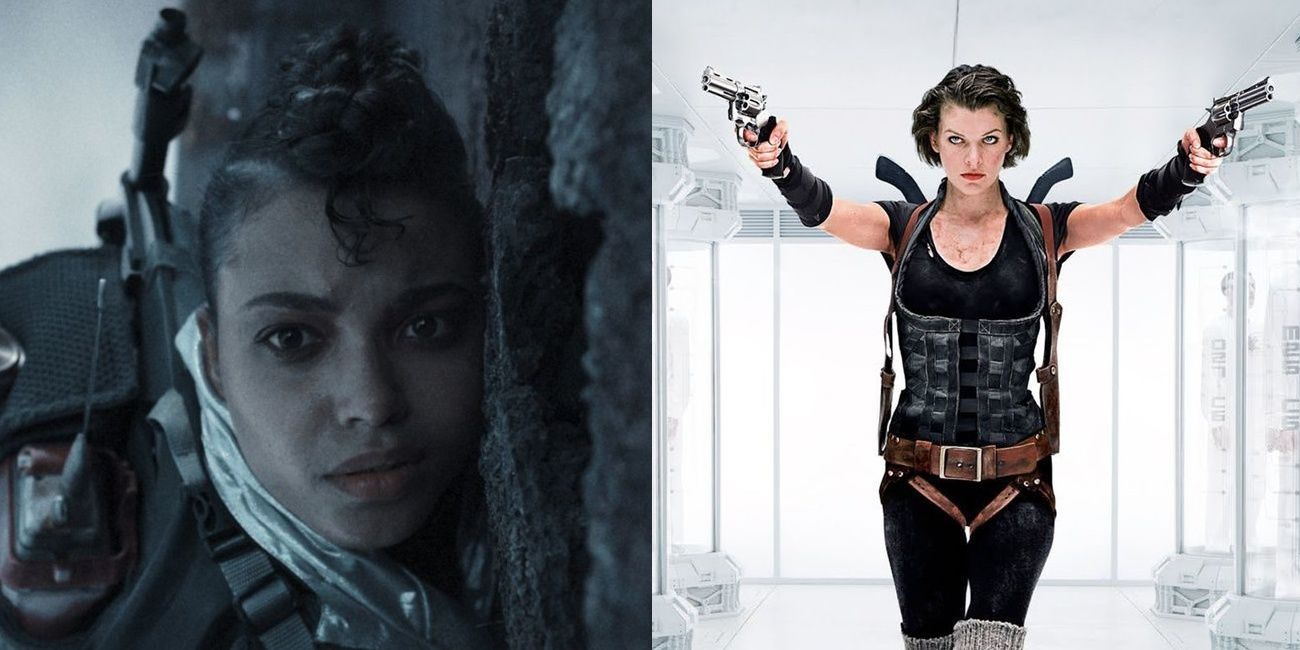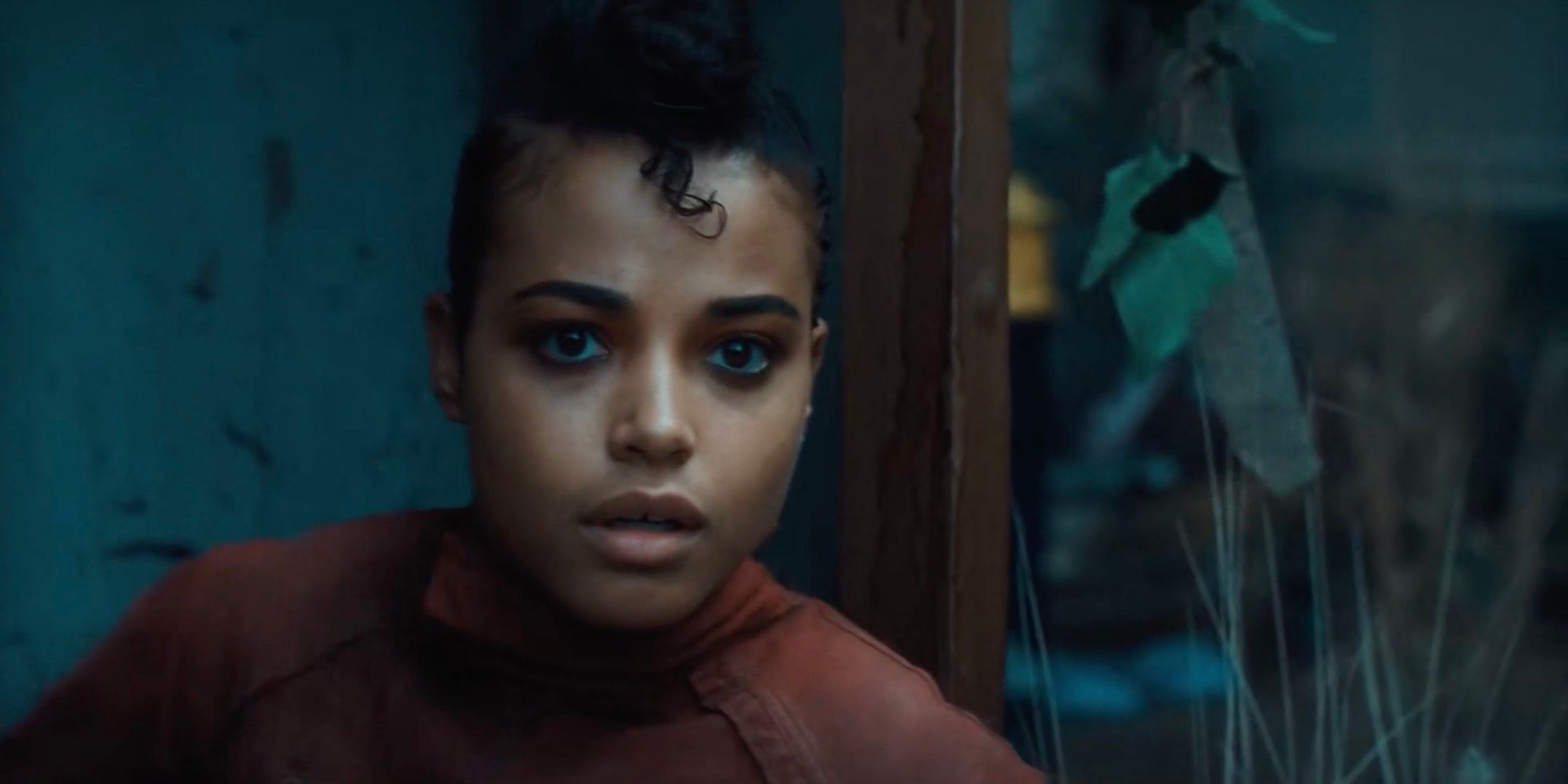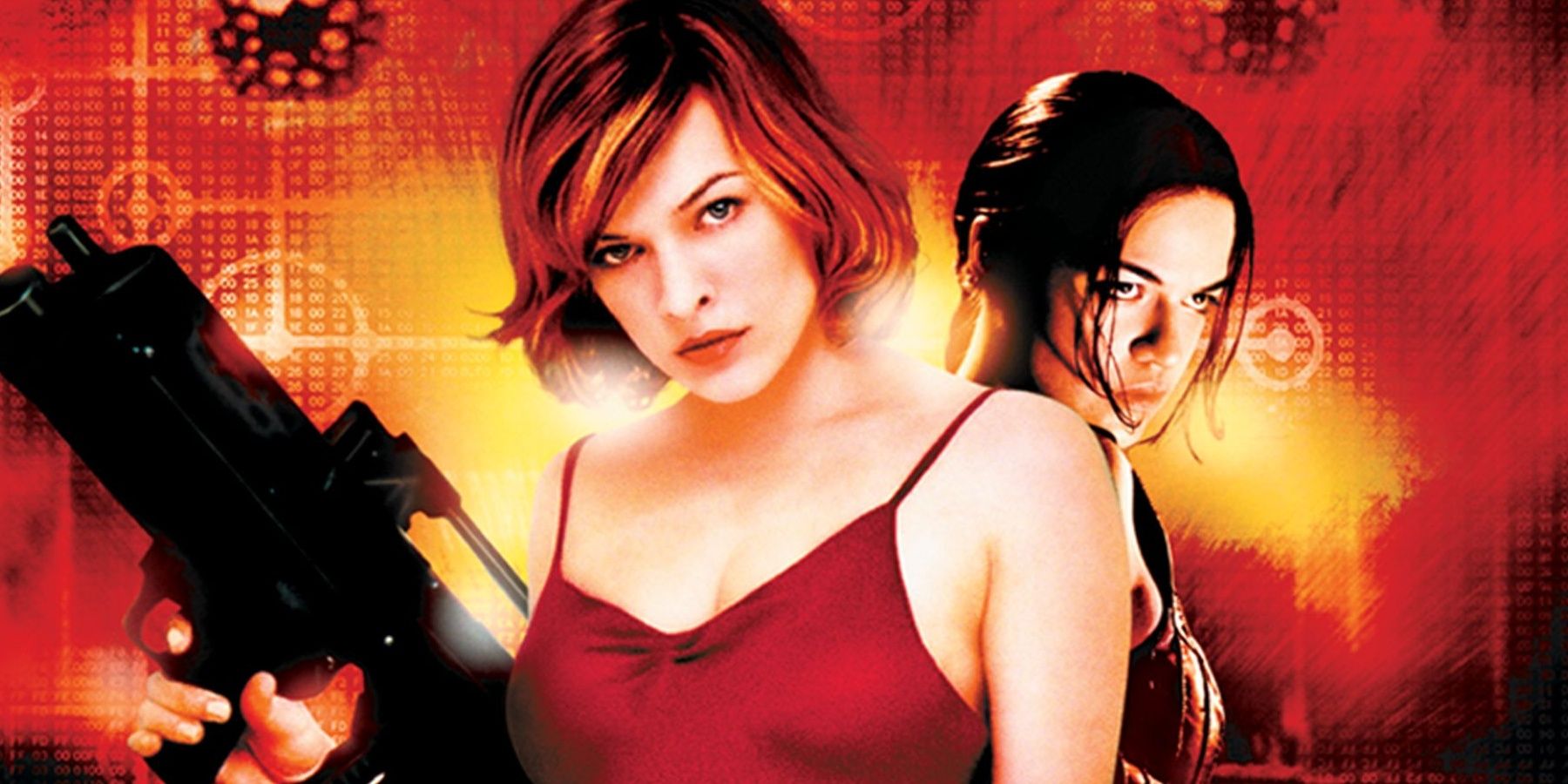With all the franchises that have lived far beyond their original intent, a fun phenomenon pops up when a series has a widely despised entry. Every franchise has one or two entries that sit at the bottom of everyone's list, but when a new rough patch appears, some fans find themselves apologizing to their old favorite punching bag.
Aside from Pokémon, Resident Evil is the video game franchise that has seen the most adaptations to the screen. A series of six films ran from 2002 to 2016, raking in a total of around $1.2 billion which once made it the most profitable horror film series. That series was rebooted last year to modest success. This year, Netflix released its long-awaited loose adaptation of the material.
Though it might come as a shock to those who saw it, Netflix's 2022 adaptation of Resident Evil sports the highest Rotten Tomatoes score of any live-action adaptation of the franchise. By that metric, the only films that beat it are Resident Evil: Degeneration and Resident Evil: Damnation. While taking the top spot would be somewhat impressive in most situations, its crowning achievement is a rousing 53% critical score. This is less a feat of successful filmmaking than it is a beneficiary of lowered expectations. Every Resident Evil movie received a great deal of understandable pushback from fans of the games and of quality films. The question is, does the new Netflix series fix any of the fundamental issues of the earlier adaptations? There are two ways to judge the work against each other; as adaptations and as standalone works.
Resident Evil in adaptation
Perhaps the repeated failure to make anything decent out of one of the most iconic video game franchises of all time suggests more about the source than the adaptations. Is it possible that the franchise is unfilmable? Perhaps the blend of incomprehensible story and b-movie characters just doesn't translate to modern cinema. If that were the case, Netflix's Resident Evil would not be a suitable test to prove it.
Like the movies before it, Resident Evil is extremely weird in its usage of elements from the games. Identical monsters pop up regularly, but they're just borrowed designs with none of the impact of their in-game counterpart. Existing characters in the original series of movies appeared with all the narrative weight of bad cosplay. The new series is the first work to be explicitly tied into the game's canon. The original series had its own separate canon, while Welcome to Raccoon City dramatized the events of the games as they were. Though placing it in the existing RE timeline raises far more questions than answers, it does mean that the narrative has to bend over backward to tie things together.
It doesn't matter whether an adaptation nails every plot element, it's much more important that it gets the spirit of the source material. Arguably, the adaptation that does both best is Welcome to Raccoon City. Many elements of the new show feel thematically tied to the game's anti-corporate message, painting Umbrella as the same comically evil big pharma business as usual. A generous viewer could point out that the shift between 2022 and 2036 mirrors the game franchise's evolution from Romero-style zombie horror to military action. That's about as far as comparisons get, however. For all its logos and monster designs, Netflix's take on the franchise feels like an unrelated zombie series that slapped the name on. So it's barely any better as an adaptation, but is it a better holistic product than the movies?
Resident Evil versus Resident Evil
The horror/action 2036 half of the new series does feel like a direct answer to the original film series. Unfortunately, it confidently brings back almost all the same problems while adding a few new ones. The survivors are still mostly unrecognizable nobodies who can barely support a single character trait. The main hero is still an emotionally blank cipher who exists to perform the dull action beats. The monsters are still as thoughtless as wild animals and only good as target practice or cheap gore. The environments are still mostly dull gray industrial areas and sewer tunnels that resemble stock bad shooter maps.
The biggest change between the new series and the classic films from an action perspective is that the focal point is no longer superhuman. Alice was a very weak lead, but her comedic hyper-competent martial arts fights and shootouts were often the most entertaining aspects of those very silly films. Without that, the new series' action isn't grounded enough to be The Walking Dead or fun enough to be Resident Evil.
Most things that are bad about the original adaptations of Resident Evil are dutifully preserved in the newest take on the material. The improvements are few and far between, but, at least it's misguided in interesting ways. Netflix's Resident Evil isn't a step in the right direction for video game adaptation, but it's not really a step back either. Like the monsters of the franchise, no matter how many times it falls, this franchise simply won't stay dead.



